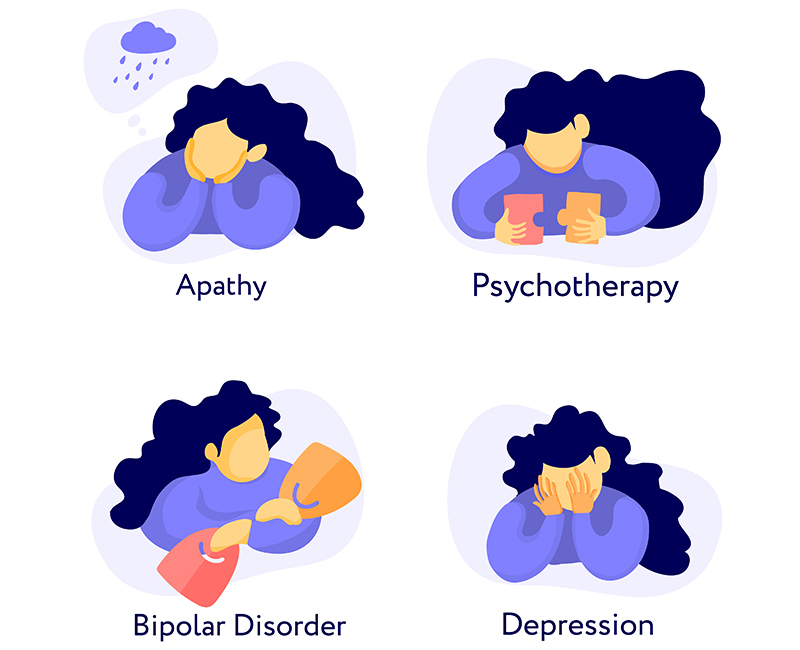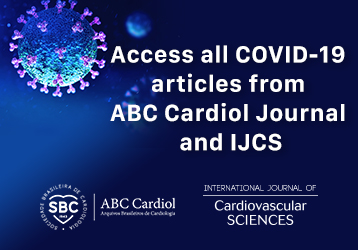Volume 32, Nº 5, September and October 2019
DOI: http://www.dx.doi.org/10.5935/2359-4802.20190030
ORIGINAL ARTICLE
Validation of the Brazilian Version of the Screening Tool for Psychosocial Distress (Stop-D) for Cardiac Patients
Isabella Barros Rabelo Gontijo
Juciléia Rezende Souza
Daniel Fernandes Barbosa
Salvador Rassi
Dr. Isabella Barros Rabelo Gontijo

Abstract
Background: Distress has a potentiating effect on complications of heart disease. Early identification of distress and psychosocial management could help patients to deal with the disease and improve their quality of life. However, in Brazil, there is no specific instrument for evaluation of distress in cardiac patients.
Objectives: To describe the validation process of the Screening Tool for Psychosocial Distress (STOP-D) for the Brazilian population.
Methods: Cross-sectional, observational study with a quantitative approach. A total of 144 patients (including outpatients and inpatients) were interviewed at the waiting room of the outpatient cardiology clinic or in cardiology wards. Sociodemographic and clinical data were collected, and distress was assessed using two instruments – the Brazilian version of the STOP-D and the Hospital Anxiety and Depression Scale (HADS). First, we performed na exploratory factor analysis and analysis of the accuracy of the STOP-D score by the receiver operating characteristic (ROC) curvet.
Results: The factorability analysis of the correlation matrix did not detect any factor that made the factorial solution unfeasible. The instrument showed a single-factor nature, confirmed by the criterion of eigenvalues, with an 85% accuracy in predicting distress. A cut-off point of 15.5 was chosen for distress using the ROC curve.
Conclusions: The Brazilian version of the STOP-D is an adequate instrument for the screening of heart disease patient for distress. It can be easily used by any health professional and would contribute to the promotion of a comprehensive support to cardiac patients. (Int J Cardiovasc Sci. 2019;32(5):438-446)
Keywords: Stress, Psychological; Health Delivery; Cardiovascular Diseases; Social Conditions; Quality of Life; Anxiety; Depression.











